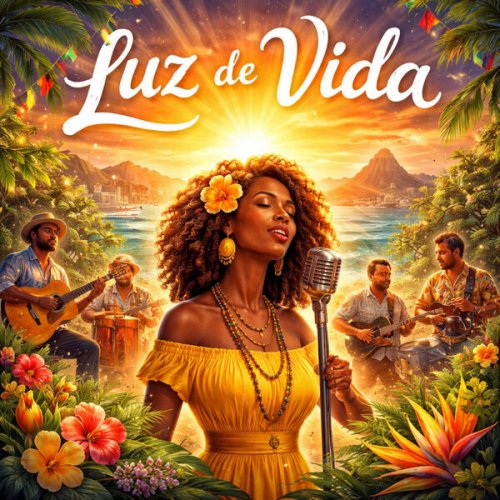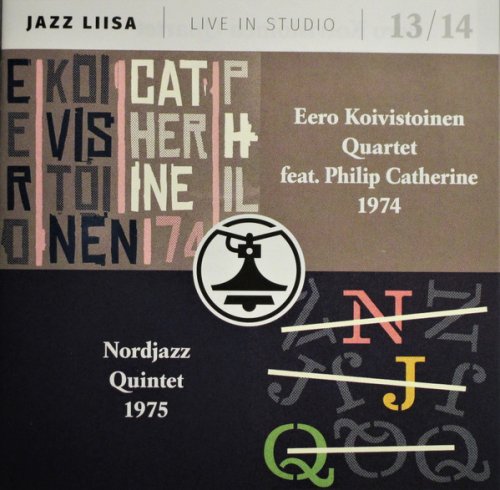Ensemble Hypothesis - Frescobaldi: Le Canzoni da Sonare (2007)
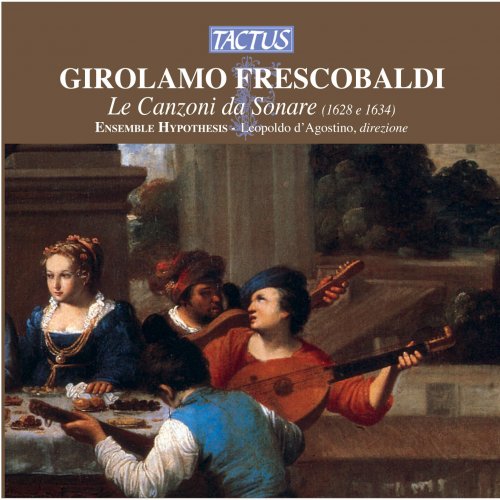
Artist: Ensemble Hypothesis, Leopoldo d'Agostino
Title: Frescobaldi: Le Canzoni da Sonare
Year Of Release: 2007
Label: Tactus
Genre: Classical
Quality: FLAC (tracks)
Total Time: 1:08:39
Total Size: 310 MB
WebSite: Album Preview
Tracklist:Title: Frescobaldi: Le Canzoni da Sonare
Year Of Release: 2007
Label: Tactus
Genre: Classical
Quality: FLAC (tracks)
Total Time: 1:08:39
Total Size: 310 MB
WebSite: Album Preview
1. Leopoldo d'Agostino – in partitura, il primo libro delle 38 canzoni: Canzona XXV, "La Garzoncina" (02:32)
2. Leopoldo d'Agostino – in partitura, il primo libro delle 38 canzoni: Toccata I (03:54)
3. Leopoldo d'Agostino – in partitura, il primo libro delle 38 canzoni: Canzone seconda (02:39)
4. Leopoldo d'Agostino – in partitura, il primo libro delle 38 canzoni: La Vittoria (01:45)
5. Leopoldo d'Agostino – in partitura, il primo libro delle 38 canzoni: Canzona XXI, "La Tegrimuccia" (02:34)
6. Leopoldo d'Agostino – in partitura, il primo libro delle 38 canzoni: Canzona VII, "La Superba" (03:51)
7. Leopoldo d'Agostino – in partitura, il primo libro delle 38 canzoni: Canzona XXIII, "La Franciotta" (03:21)
8. Leopoldo d'Agostino – in partitura, il primo libro delle 38 canzoni: Canzona I, "La Bonvisia" (03:32)
9. Leopoldo d'Agostino – in partitura, il primo libro delle 38 canzoni: Canzona XXII, "La Nicolina" (04:40)
10. Leopoldo d'Agostino – in partitura, il primo libro delle 38 canzoni: Canzona II, "La Bernardinia" (03:29)
11. Leopoldo d'Agostino – in partitura, il primo libro delle 38 canzoni: Canzona XIX, "La Capriola" (03:41)
12. Leopoldo d'Agostino – in partitura, il primo libro delle 38 canzoni: Canzona VIII, "L'Ambitiosa" (03:38)
13. Leopoldo d'Agostino – in partitura, il primo libro delle 38 canzoni: Canzona XVIII, "La Masotti" (03:05)
14. Leopoldo d'Agostino – in partitura, il primo libro delle 38 canzoni: Canzona VI, "L'Altera" (04:30)
15. Leopoldo d'Agostino – in partitura, il primo libro delle 38 canzoni: Canzona XXIV, "La Nobile" (02:29)
16. Leopoldo d'Agostino – in partitura, il primo libro delle 38 canzoni: Toccata II (02:10)
17. Leopoldo d'Agostino – in partitura, il primo libro delle 38 canzoni: Canzona V, "La Tromboncina" (03:32)
18. Leopoldo d'Agostino – in partitura, il primo libro delle 38 canzoni: Canzona IV, "La Donatina" (02:36)
19. Leopoldo d'Agostino – in partitura, il primo libro delle 38 canzoni: Canzona XXVI, "La Moricona" (04:02)
20. Leopoldo d'Agostino – in partitura, il primo libro delle 38 canzoni: Canzona XX, "La Lipparella" (02:59)
21. Leopoldo d'Agostino – in partitura, il primo libro delle 38 canzoni: Canzona III, "La Lucchesina" (03:28)
Listeners not enamored of the undifferentiated flow of keyboard polyphony heard on many recordings of Frescobaldi's music might give this offbeat disc a try. Most of the music here was composed for a small ensemble of unspecified instrumentation that might or might not include a keyboard. They are canzonas, polyphonic pieces of the late Renaissance and early Baroque that were still roughly based on vocal models, with a sectional construction based on vocal phrases rather than the more abstract and intellectual structure of the ricercar and its descendant, the fugue. They are, and this is a word not often used in connection with Frescobaldi, a lot of fun. Each piece has a free polyphonic structure in which imitative texture may be rigorously introduced or seem to spontaneously take off from a fragment of a tune. And this structural variety is emphasized delightfully by the novel forces used by the equally delightfully named Ensemble Hypothesis, an Italian group. Collectively it sounds something like a duo of recorder and hurdy-gurdy -- a recorder is used for the top line on most of the pieces, and in many of them the regals (a small organ with a unique reedy sound somewhat resembling that of the serpent) are combined with a viola da gamba and a lute or Baroque guitar. The texture thus offers a unique blend of buzz, strum, and the quasi-vocal sound of bowed strings. It catches the ear immediately, and the deployment of Frescobaldi's polyphony across the group of instruments is imaginatively done. Other pieces replace the regals with an equally unusual small spinet. Given the vast importance of Frescobaldi's music over the entire seventeenth century (Bach copied some of it out, many decades after it was written), and its comparative neglect in modern times by all but organists, fresh performances like this one are invaluable. Highly recommended.
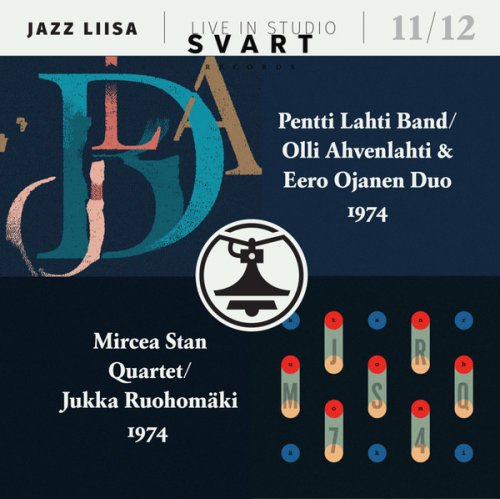
![When I Return - The Weight Of Bloom (2026) [Hi-Res] When I Return - The Weight Of Bloom (2026) [Hi-Res]](https://www.dibpic.com/uploads/posts/2026-02/1771391261_qn90r0j477aml_600.jpg)
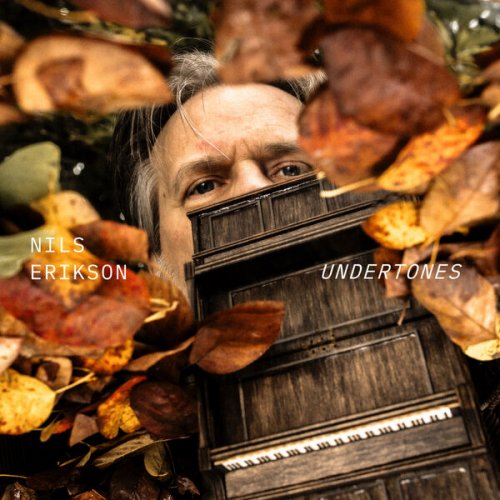
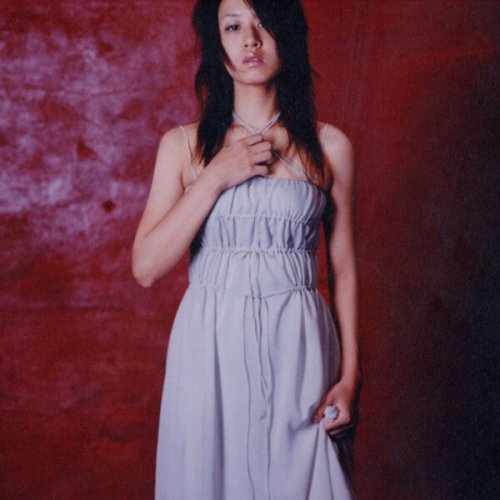
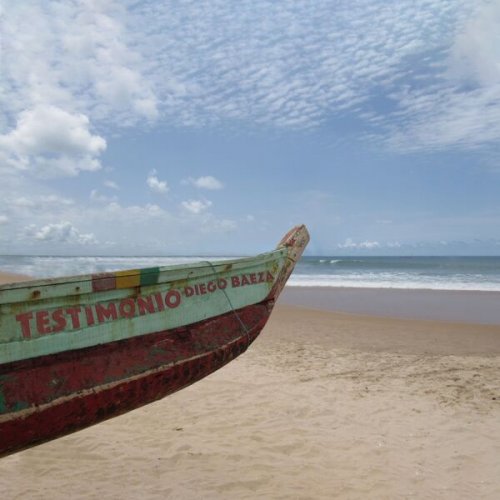
![Terrace Martin & Calvin Keys - The Near North Side (2026) [Hi-Res] Terrace Martin & Calvin Keys - The Near North Side (2026) [Hi-Res]](https://www.dibpic.com/uploads/posts/2026-02/1771141377_b80maiy5ke658_600.jpg)
![Vivian Rosie - Twilight Voodoo (2026 Remaster) [Hi-Res] Vivian Rosie - Twilight Voodoo (2026 Remaster) [Hi-Res]](https://www.dibpic.com/uploads/posts/2026-02/1771389602_cover.jpg)
